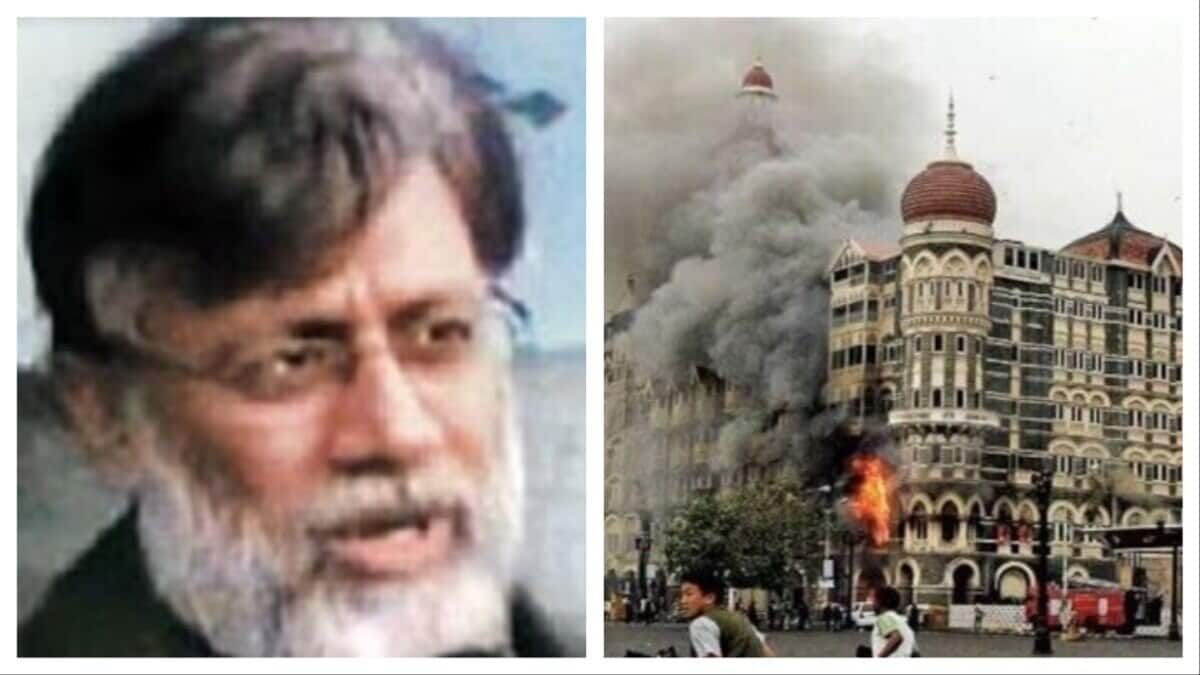
26/11 accused Tahawwur Rana moves US Supreme Court against extradition
What's the story
Tahawwur Rana, a Canadian-Pakistani national accused in the 2008 Mumbai terror attacks, has approached the United States Supreme Court to stop his extradition to India. This is his final legal attempt after failing to appeal in lower and federal courts, including the US Court of Appeals for the Ninth Circuit, which rejected his stay plea on September 23. India wants Rana extradited for his alleged role in the attacks that killed 166 people, including six Americans.
Legal arguments
Rana's plea cites double jeopardy, potential death sentence
In his Supreme Court plea, Rana argued that he was earlier acquitted by a federal court in Chicago for the same incident. He claims extradition would violate the principle of double jeopardy. His petition also highlights a possible death sentence if tried and convicted in India, saying, "India now seeks to extradite him for trial on charges based on the identical conduct at issue in the Chicago case."
Global concerns
Rana's plea highlights global impact of extradition cases
"In addition, resolution of this issue will have considerable and increasing impact, as the growing globalization of criminal law enforcement and international cooperation, which in turn has led to a dramatic rise in extraditions, will affect more and more individuals and nations going forward," it said. Rana is facing accusations for his role in the 26/11 Mumbai attack and is linked to Pakistani-American Lashkar-e-Taiba (LeT) terrorist David Coleman Headley, who was one of the main conspirators in the terror attack.